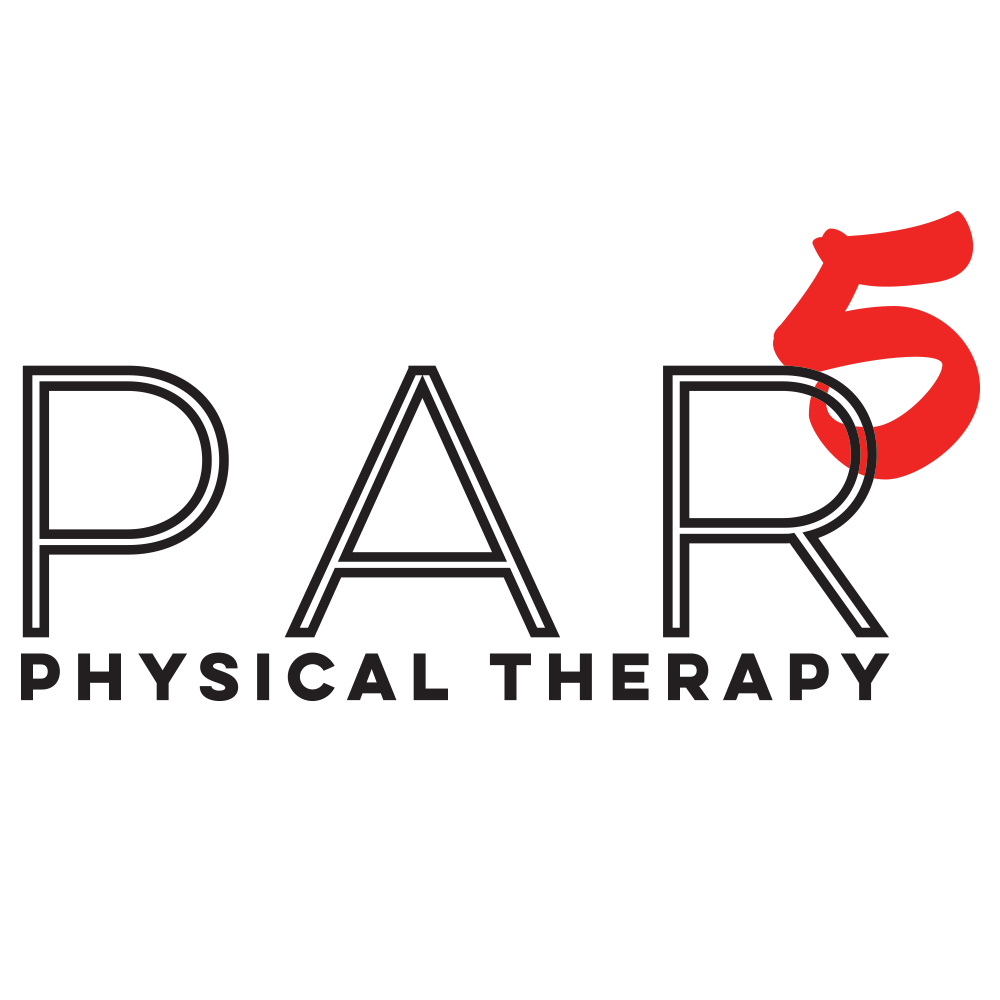How can a Golf Movement Assessment help?
Many times, patients have asked me with fear in their eyes, “Will the golf movement screen affect my swing?” My answer is, “YES, it will.” But the main problem in some golfers is that they become comfortable with their swing and they play years with that swing, even if it’s faulty.
They go about their game, attempting to lower their scores with that same swing and become happy with it. Most of the time, these are the golfers who don’t want anyone to mess with their swing. They become afraid that any correction or physical manipulation will affect their game for the worse. But most corrections of bad habits are the same way. You start with an awkward change of a movement pattern that you feel is completely contradictory to what you know to be the correct way to play the game. But then if you keep working at it, then it becomes second nature, and if you can stick with it, you start to see improvements.
It all depends on how serious you are in making a change for the better. Bad golf swings may get you around the course, but may result in abnormal stress on joints and muscles creating long term pain and movement dysfunctions that can extend into your everyday life. Ever play a round of golf on Sunday and have trouble getting out of bed on Monday morning? Or ever go practice at the driving range and start to feel some pain in your back later that day or the next day? Think it’s just old age setting in? Think again. You should be able to play golf and swing a club pain-free. These aches and pain may signal that your swing mechanics are faulty due to some loss of flexibility or stability. A golf movement screen can figure out which parts are malfunctioning and what you need to do to fix it
When someone thinks that a physical screen will affect their swing for the worse, I tell them that 90% of PGA golfers that have won on tour have worked with a TPI (Titleist Performance Institute) certified professional. A golf movement screen can assess your body’s movement patterns and its stability and mobility deficits. Combine that assessment with a swing mechanic evaluation from a golf professional at your local driving range or golf club, and you have the best-case scenario for achieving your goals for your golf season.
If you have more questions about how golf and physical therapy are connected, contact PAR5 Physical Therapy for more information.
PAR 5 Physical Therapy specializes in helping active individuals in Morris County, NJ get back to exercising and working out pain-free without taking time off or relying on injections/pain medication. PAR5PT offers physical therapy and performance services to all populations, with specialties in Orthopedics, Golf Fitness Training and Rehab, Manual Therapy Techniques, and Wellness Services.
If you’re dealing with anything, big or small, and you have questions, just call/text 973-490-4955.

